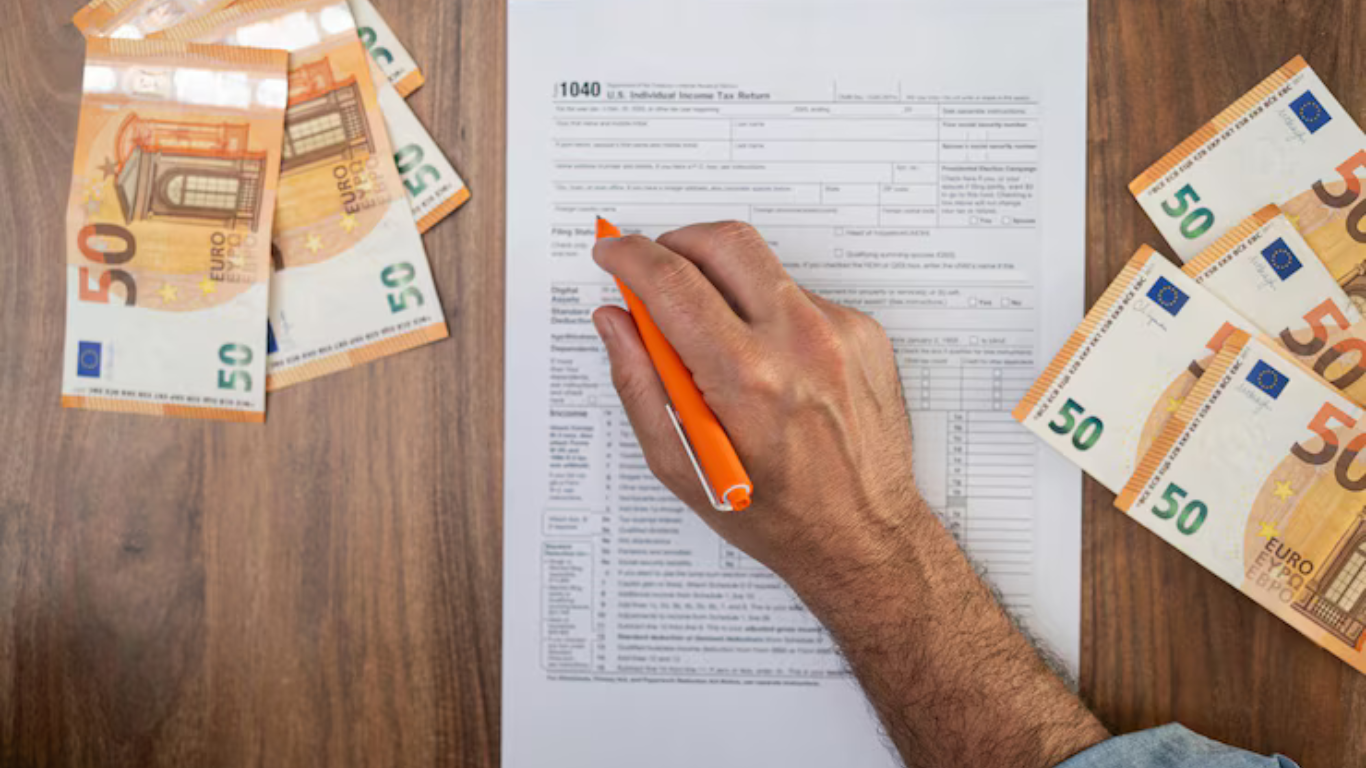For many individuals who have worked in Germany but later moved abroad, the question arises: can I get back the money I paid into the German pension system? Fortunately, claiming your German pension refund online is now a streamlined process, and understanding your rights and eligibility is the first step toward securing your refund.
Why German Pension Refunds Exist
Germany has a contributory pension system, which means that both companies and workers put money into a retirement fund. When someone reaches the legal retirement age, this fund helps them in their old age. But if someone permanently leaves Germany before reaching retirement age and no longer lives in an EU, UK or EEA country, they might be able to get their payments back.
This way of giving refunds is meant to be fair to people who won’t gain from the German retirement system in the long term. Instead of having your donations sit there, the system gives you a way to get some of what you paid back.
Who Is Eligible?
Eligibility for a German pension refund isn’t automatic. Several criteria must be met, especially for non-EU individuals:
1. Citizenship
You must be a non-EU/UK/EEA citizen. Citizens from EU, UK, or EEA countries are typically subject to different regulations and are not eligible for the refund procedure.
2. Waiting Period
At least 24 months must have passed since your last pension contribution in Germany. This waiting period is intended to ensure that no active obligations or entitlements still tie you to the system.
3. Current Residence
You must currently reside in a non-EU country. Remaining in the EU would imply potential eligibility for benefits under EU regulations, hence voiding the refund option.
4. Duration of Contributions
In some cases, a refund might not be possible if contributions were made for more than 59 months, particularly for certain nationalities. This nuance is important as longer contributions might trigger permanent entitlements rather than refund rights.
Exceptions and Considerations
Not every case is easy to understand. You may not be eligible if you have dual citizenship in the EU, UK or EEA. Additionally, you might want to find out how the laws in the country where you currently reside affect pension returns, as some places treat them as taxable income.
How Much Money Can You Get Back?
The amount refunded depends on:
- Total contributions made during your working period
- The employer’s contributions are not refunded, only the employee’s share
- Currency conversion rates at the time of payment
Typically, you can expect a refund of your personal contributions, which are exactly 9.3% of your gross salary during the employment period. For those who worked in Germany for several years, this can amount to a significant sum.
Step-by-Step: How to Apply for a Refund
Step 1: Gather Documents
To initiate the process, you’ll need:
- Passport or national ID
- Deregistration certificate from Germany (Abmeldebescheinigung)
- Employment records
- Proof of residence outside the EU
Step 2: Contact Deutsche Rentenversicherung
This is the institution responsible for handling pension matters. You can reach them directly or work through a third-party service that specializes in handling these applications.
Step 3: Submit Application
Complete the official refund application (V0901 form) and submit it along with the required documentation. It can be sent by mail or via certified service providers online.
Step 4: Wait for Processing
It typically takes several months (around 4–6 months) for your application to be processed. You may be contacted for additional information or clarification.
Step 5: Receive Payment
Once approved, your refund will be transferred to your international bank account.
Why Consider a Third-Party Service?
While it’s entirely possible to complete the refund process yourself, many individuals opt to use a service to simplify the process. These companies:
- Help compile and translate necessary documents
- Offer legal advice if your case is complicated
- Ensure timely submission and tracking of the application
A reputable third-party provider can minimize errors and increase your chances of receiving the full amount you are entitled to.
Frequently Asked Questions
Is there a deadline for applying?
There is no strict deadline, but you must wait 24 months after your last contribution. However, it’s generally better to apply as soon as possible, as the pension office does not pay interest on the amount due. You simply get back what you paid – the longer you wait, the less it is worth.
Will I lose all pension rights?
Yes, once a refund is issued, you forfeit all rights to German pension benefits for the refunded period. If you later decide to return to Germany for work, you’ll start building new entitlements from scratch.
Can I still claim a refund if I returned to Germany later?
If you fail to claim a refund while you live outside the EU and return to Germany to work, you will have to wait again until 24 months have passed again after your last contribution paid in Germany. Also, depending on your nationality, you might risk reaching a total of 60 monthly contributions and lose your eligibility to claim a refund.
Common Mistakes to Avoid
- Applying too early: If you haven’t met the 24-month waiting period, your application will be rejected.
- Missing documents: Incomplete applications cause significant delays.
- Incorrect residence information: Make sure to provide current and verifiable non-EU residency proof.
Final Thoughts
Getting your pension refund from Germany isn’t just possible — it can be a smart financial move. If you’re a non-EU citizen who once worked in Germany and now lives abroad, understanding the eligibility criteria and following the right steps will maximize your chances of success.
To simplify the process and make sure everything goes smoothly, consider getting support from the experts at https://www.germanypensionrefund.com/.
Blog as received in the mail































